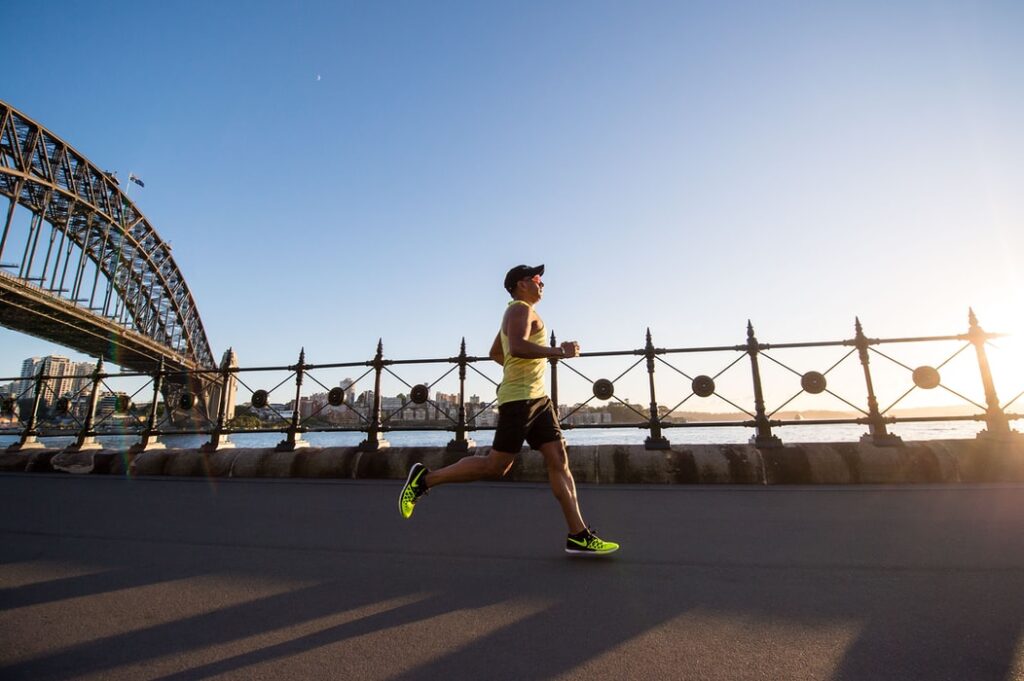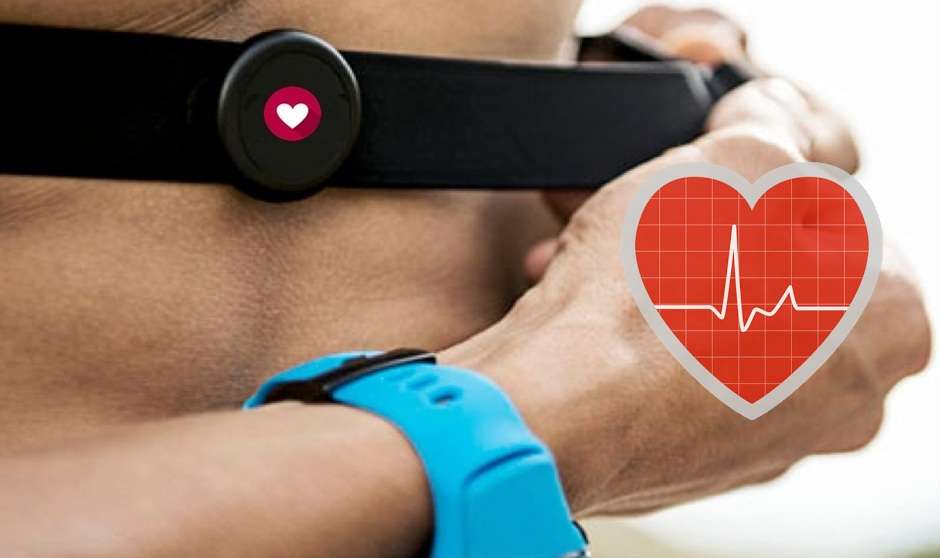Today, being physically active has become almost a lifestyle. Exercising is not only the way to feel good or look beautiful – but it also helps us stay healthy. However, we must not exaggerate even in good things. The pressure that our body suffers during exercise can sometimes lead to counter-effects. When you do your workout, your muscles and your heart are under pressure. That is why it is very important to follow your heart rate when practicing exercises. Fortunately, today some gadgets will easily help us with that. We’ll present you with some significant benefits of having a heart rate (HR) monitor while being physically active.
Your Pulse Is The Guide To More Efficient Exercise
Physical activity is certainly beneficial for the health of each individual. It increases the quality of life and reduces the risk for many diseases. It has a stimulating effect on all organic systems. By reducing the HR over time, the need for oxygen decreases at the same level of effort – and from the energy aspect, the heart muscle is spent less. However, sometimes the opposite situation happens if we over-exercise ourselves. In such cases, we speed up the pulse, raise the blood pressure and thus have a counter effect. Therefore, your HR will show how much pressure is actually enough. That is the best indicator of how effective your training is.
What Is HR And What Is Its Maximum?

The pulse represents the heart rhythm. With every beat, your heart will pump blood to all parts of your body – enabling the normal work of your organism. The HR will adapt to each of our activities, whether they are physical or mental. For our bodies to be additionally supplied with oxygen through our blood system, the pulse should be more or less increased. Due to strong physical effort, the pulse can increase to what we call the natural limit. This limit is individual for each person and is called the maximum pulse. Therefore, you need to take care not to exceed your own physical limits – and at the same time make the effort during exercise optimal to achieve your goal. That is why a heart rate monitor is almost necessary during interval and cardio training.
However, even during your daily activities, it will not be superfluous.
HR Monitor – A Convenient Gadget For Healthy Training
The parameter with the help of which we can objectively assess and monitor the effect of training on our body is the heart rate. It represents the number of heart cycles per unit time, expressed in beats per minute. Your heart rate monitor will show you very clearly the level of pressure that your heart suffers during exercise. That way, you will be able to adjust the intensity of exercise to a level that suits your body and heart. Depending on the goal of your exercise, you will adjust the level of exercise – but with a heart rate monitor device, you will do it in a healthy and safe way.
Namely, during training, this device helps you keep your heart rate within normal range.
Why Use A Heart Rate Monitor During Exercise?

Fortunately, today it is easy to measure your pulse during exercise. If you don’t have a physical device, you can do it even easier – with the help of a smartphone and applications that will make your exercise much easier. You can click here and see what heart rate monitoring applications and devices can offer. Moreover, you can precisely determine your heart rate during exercise, normal activities, or at rest. Very convenient for all those who want to exercise healthily and safely. Let’s take a look at the other benefits that heart rate monitoring offers you.
1. You Know The Real Intensity Of Your Heart Rate While You Exercise
Whether you exercise to burn fat and calories, feel full of energy, or strengthen your cardiovascular system – your body needs to work at the right intensity, not too exhausting or too light. Using a heart rate device is the most effective way to ensure that cardio training will allow you to achieve the desired results.
2. Avoiding The Possibility Of Fatigue And Injuries

You may wonder why you can’t follow the heart’s response just by how you feel. The answer is simple. These methods won’t ever provide the exact value of your heart rate. It often happens that when we put our body under pressure during exercise, we feel tired – which can often result in injuries, falls, and even fainting. That is why it is very important to follow the work of the heart during exercise. Monitoring your heart rate forces you to slow down and reduce your intensity at some points in your training. Specifically, a heart rate monitoring device during a complete workout tells you whether you are at the appropriate load level or not.
3. Heart Rate Monitoring Helps You Achieve Your Goal More Effectively
We all have a goal when we exercise. Whether we will achieve that goal depends on the intensity at which we train. The problem is that most people train too intensely – thinking that the established rule is the more the better. For example, most people are weight-loss oriented, while for efficient fat burning your ideal heart rate zone should be only 65% -75% of your maximum heart rate. At the same time, this is a zone of endurance – and should be the basis of your training. So, that is the foundation that you need to build first so that you can introduce higher intensity training into your exercising program.
4. It Helps You Find The Ideal Energy Zone

Depending on the reason for your exercise – you need to achieve a certain energy zone. For example, to burn fat and speed up fat metabolism, you should never exceed 80% of your maximum heart rate. The advantages of high-intensity training certainly exist, but still, for exercisers who are just starting with cardio training, the basis is a well-built aerobic base. Most people make the mistake of going sudden with cardio training – and they do it for the most part in the anaerobic zone, where fat is not the primary source of energy. So, the results are not what they have expected, and yet they have been feeling tired or even exhausted. Therefore, you should monitor your heart rate and keep it in a safe zone. This kind of training will provide you with results, it will recover you, physically and mentally, and you will feel full of energy.
In What Condition Are You – Your Pulse Will Prove
The difference between fit people and those who are not – is in the reaction of the heart to the effort. An untrained heart is smaller – and during physical exertion, it tries to pump out as much blood as possible. As it’s not able to meet the expectations of the organism for oxygen, the person breathes quickly and gets tired. That is why one athlete has a bigger heart that works slower but pumps more blood, and the other way around. The parameter with the help of which we can objectively assess and monitor the impact of training on our body is the heart rate. That is why it is very desirable to use a heart rate monitor for exercise.

